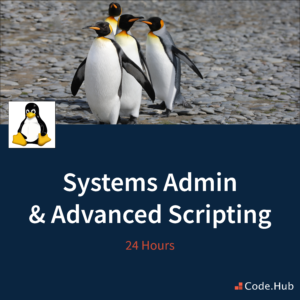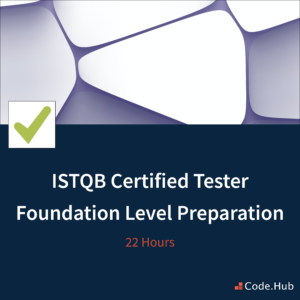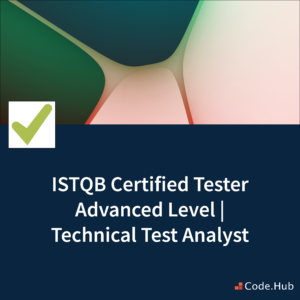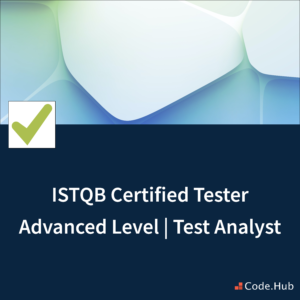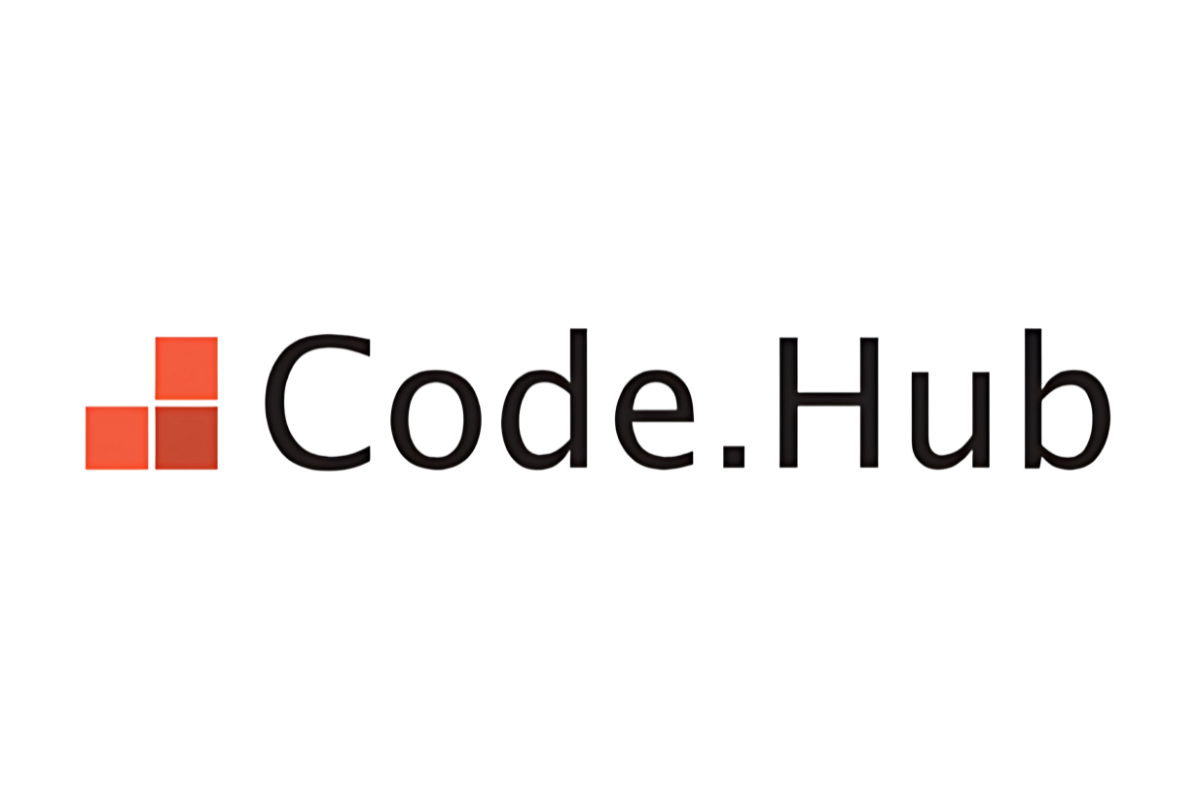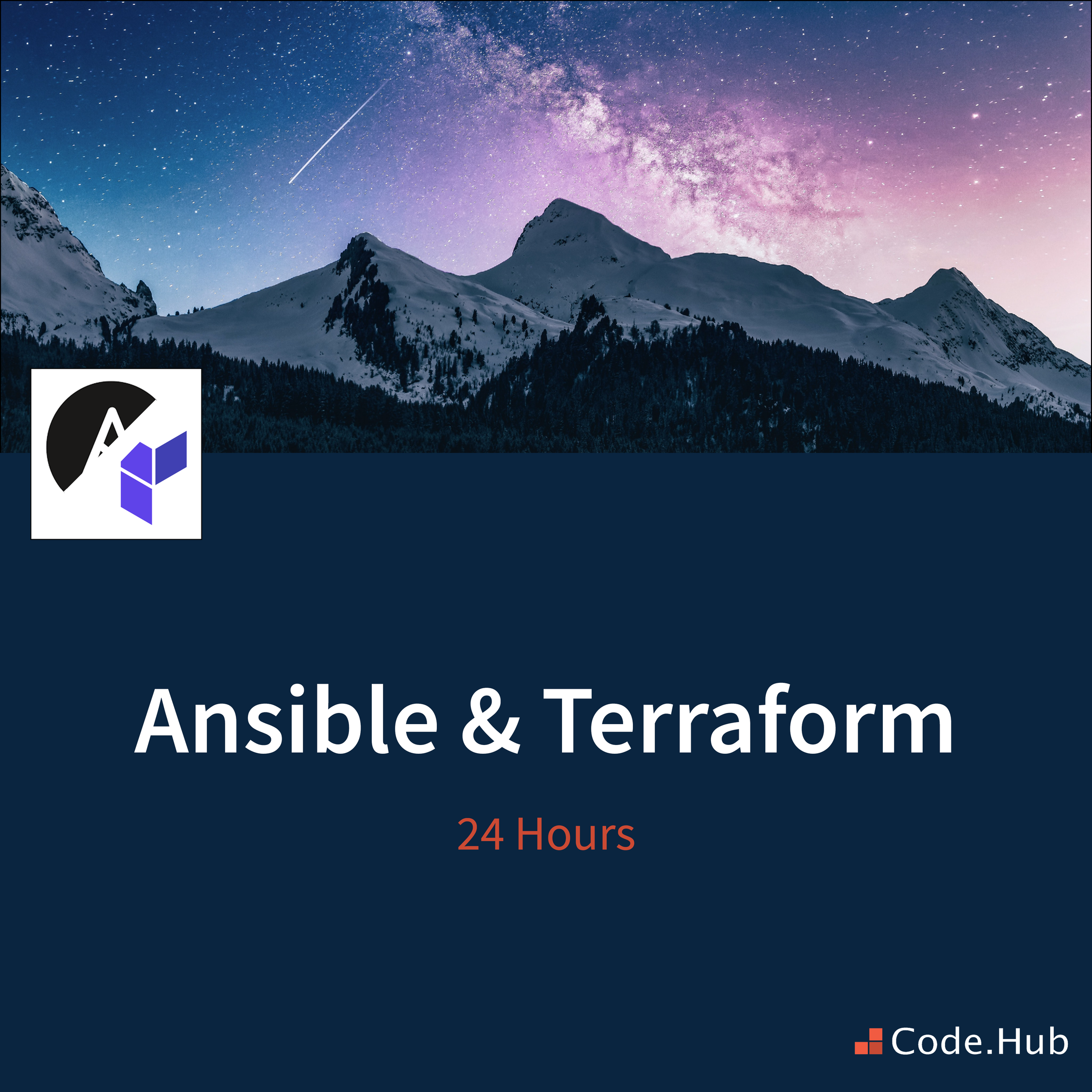
Ansible & Terraform
Description
Both Ansible and Terraform are agentless infrastructure-as-code solutions which have become integral in automation of DevOps environments. Despite this, there are large differences in how each tool manages provisioning, configuration and deployment of infrastructures which fundamentally changes which of the two tools is suitable for each product/scenario and team.
Through this Code.Learn Ansible & Terraform program, designed in exclusive collaboration with Athens Tech College, participants will learn all the basic and advanced concepts of Ansible and Terraform, including the provisioning, configuration and deployment options presented by each software, how the two differ and which should be chosen in which scenario. The demonstration and all hands-on exercises that the participants will be required to do, are all performed on a cloud provider (AWS/Azure). Therefore, the participants will not only learn how to use the tools, but also how to apply real-life business cases through the use of the cloud.
Key Objectives
The key learning objectives of this program can be summarized as follows:
- General
- Introduction to Cloud Computing and the Cloud,
- Introduction to Infrastructure-as-Code.
- Terraform
- Installation and Use of Terraform/Relevant Technologies,
- Essential Phases and Commands,
- Terraform State, Backup and Locking,
- Configuration Blocks and HCL Syntax,
- Terraform Settings,
- Project Structure and Conventions,
- Workspaces,
- Remote State,
- Provisioners,
- Multiple Instances,
- Auto-Scaling and Load-Balancing.
- Ansible
- Introduction & Comparison with Other Software,
- Installation Methods,
- Setup connection with managed hosts,
- Inventory (static & dynamic),
- Ad-Hoc commands,
- Playbooks,
- Roles,
- Conditionals,
- Loops,
- Security with Ansible Vault,
- Best Practices.
Target Audience
Higher education graduates in one of the following fields:
- Computer Science
- Ιnformatics
- Software Engineering
- Web and Mobile Development
- Computer Engineering
- or any other relevant area
Prerequisite Knowledge
Some familiarity with Linux and Cloud providers will be beneficial.
Classroom
Sessions can be carried out:
- Live in a physical classroom
- Live online through video conferencing environments
- Using a Hybrid combination of both live physical and online approaches
The teaching method will depend on the conditions at the time the training will run and on the participants’ preferences.
- PREMISES: Code.Hub Training Center: Leof. Alexandras 205, Athina 115 23

